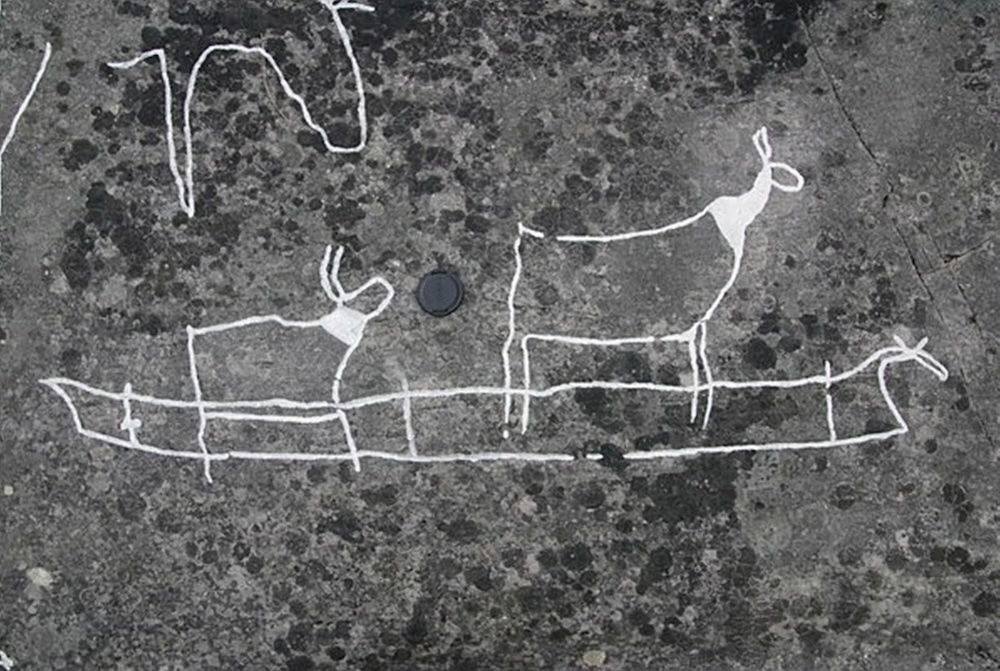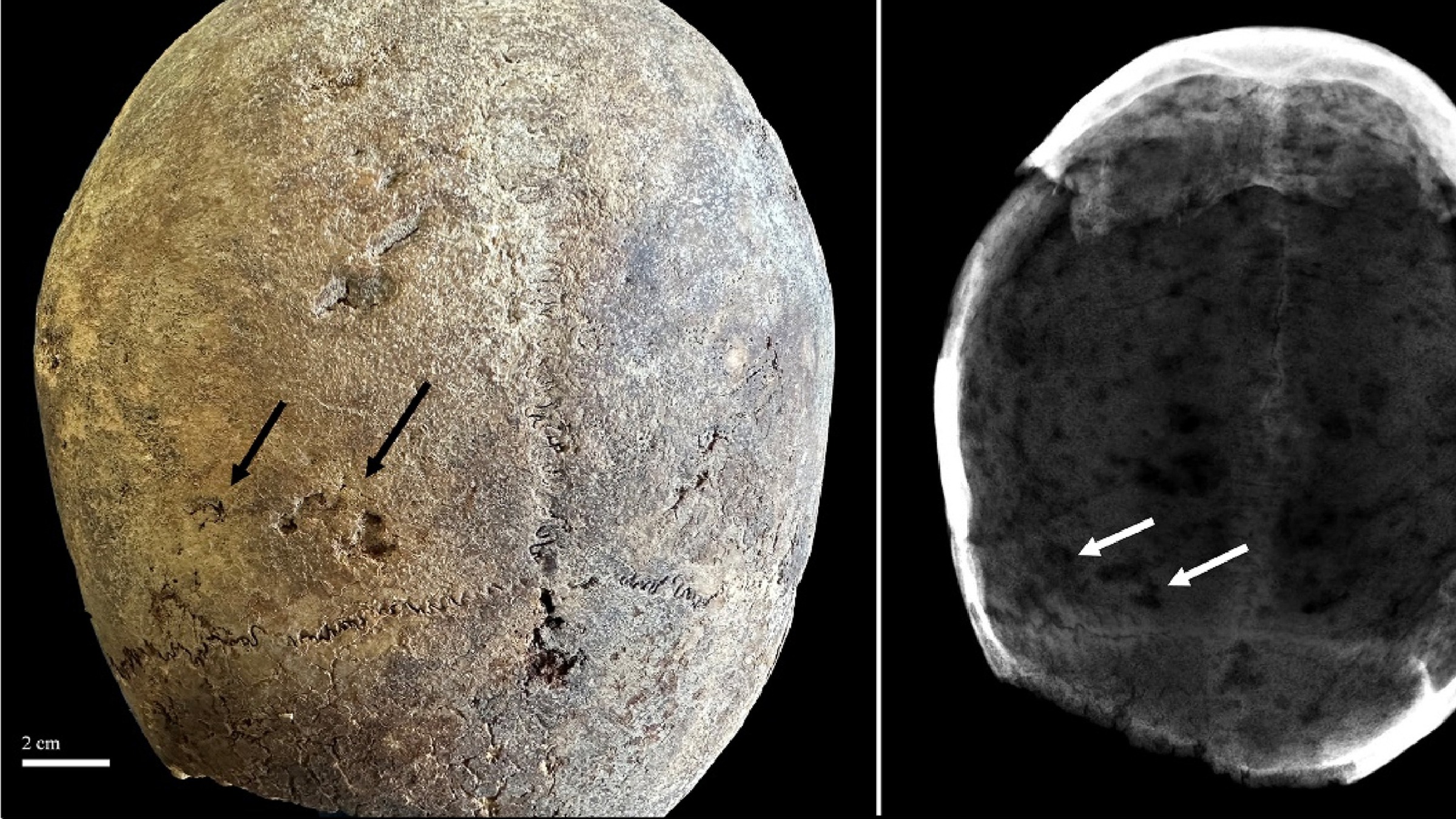Sustainability, Vol. 16, Pages 6220: Remote Sensing Technologies for Mapping Ecosystem Services: An Analytical Approach for Urban Green Infrastructure
Sustainability doi: 10.3390/su16146220
Authors: Martina Di Palma Marina Rigillo Mattia Federico Leone
Urban Green Infrastructures (UGIs) have gained increasing relevance in the field of climate adaptive design because of their capacity to provide regulating ecosystem services apt to respond to the impacts of global warming with short-term strategies. The effectiveness of UGIs in reducing climate risks depends on both the state of natural resources and the understanding of urban ecosystem processes over time. The implementation of analytic methods to better understand urban ecosystem dynamics, as well as the local effective potential of ESs, is crucial for addressing climate impacts in cities. The advances in remote sensing methodologies for mapping and monitoring urban ecosystems represent a key opportunity to deepen the ecological features of existing urban green areas as a potential planning asset to respond to climate impacts. Indeed, remote sensing technologies implement a new data-driven planning approach that enables models and simulations of different project scenarios by supporting planning decisions and reducing the risk of failures. According to these assumptions, this paper discusses the results of a literature review aimed at providing the current state of the art in applying remote sensing technologies for mapping and monitoring ecosystem services, focusing on operational opportunities in urban environments. It examines how remote sensing can depict ESs and ensure data quality and reliability for UGI design. The emphasis is on the potential of ESs to mitigate and adapt to heat wave risks which will be more frequent in the next decade, particularly in cities, as highlighted by the IPCC Report 2023. Therefore, UGIs are strategic tools for addressing heat wave impacts, necessitating a shift from empirical approaches to analytical, data-driven planning methods.

 2 months ago
23
2 months ago
23


